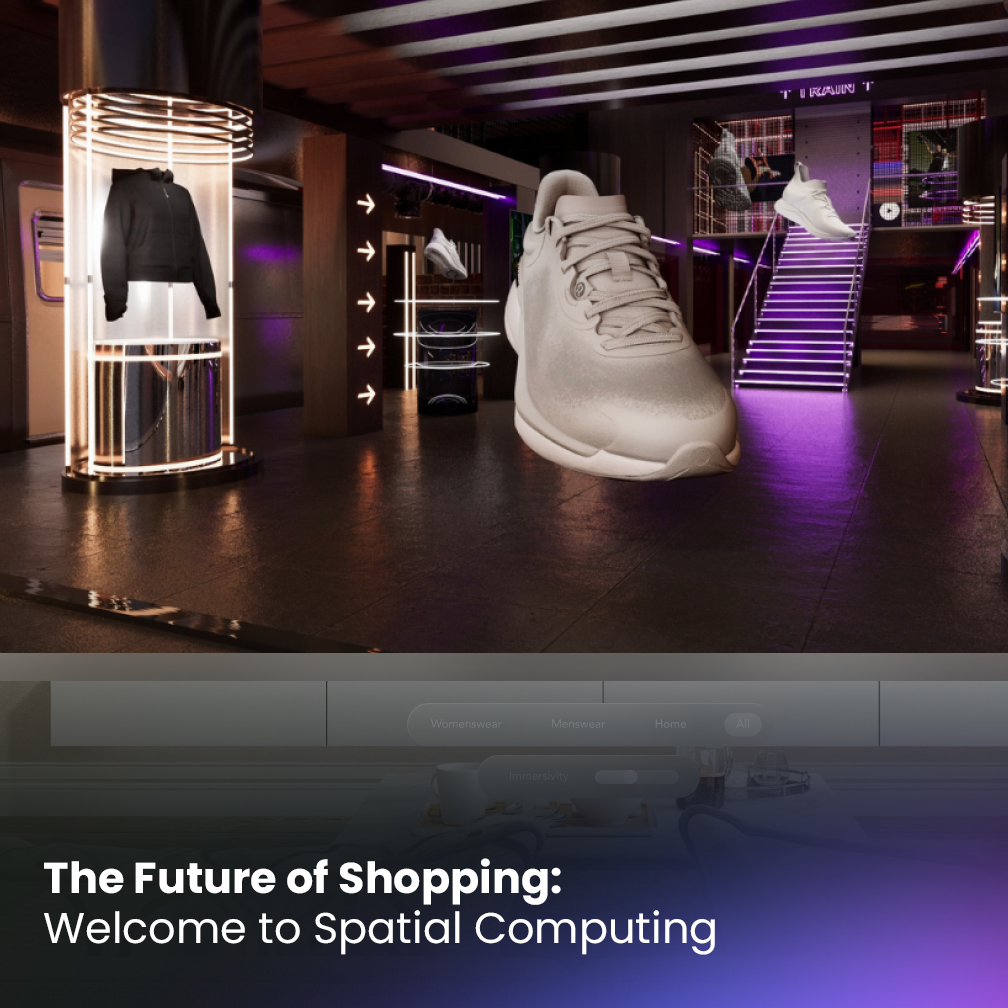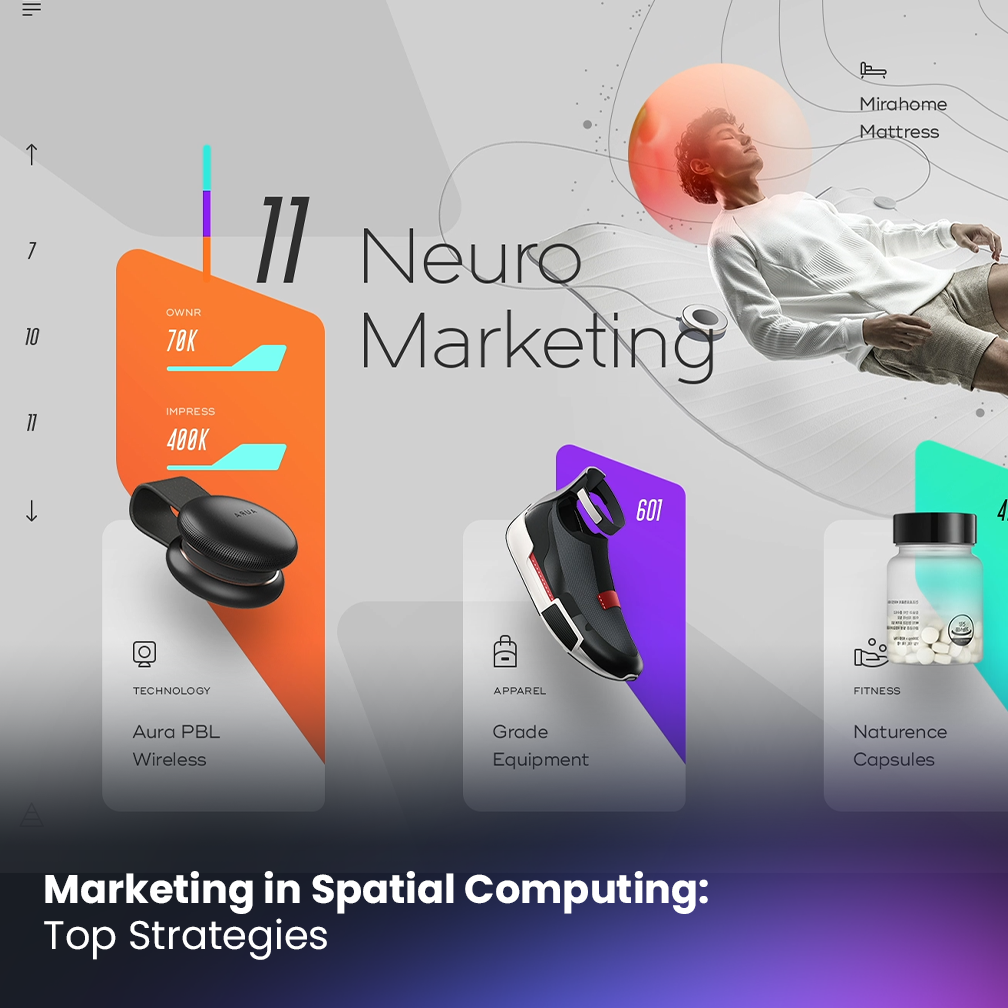Spatial Computing Stores: A New Era of Online Retail

Spatial computing is rapidly becoming the future of online retail. In the near future, spatial computing stores will be virtual environments that allow users to interact, buy and sell goods, and collaborate with others.
This digital world has radically changed the way we shop and do business online. Through spatial computing technology, brands can create immersive experiences for customers, allowing them to explore and purchase products with ease.
By leveraging this new technology, spatial computing stores can benefit from its cost-efficiency, scalability, and enhanced customer engagement. This is because the virtual worlds provide a platform for users to interact and move through digital worlds at their own pace. It also enables businesses to tailor their offerings to the specific needs of customers, creating highly personalized experiences.
Furthermore, this technology can help brands enhance their customer service capabilities by providing an avenue for better communication. This will allow businesses to respond quickly and accurately to customer queries and improve overall satisfaction.
This digital world has opened up incredible opportunities for businesses to create immersive experiences for customers and increase engagement. In this blog post, we discuss the potential of spatial computing technology to revolutionize online retail and explore how businesses can capitalize on its advantages.
Benefits of Spatial Computing technology for online retail
Spatial computing technology offers many benefits for online retail. Firstly, this technology is cost-efficient compared to other forms of eCommerce. This is because businesses do not need to pay physical rent or staff to open a spatial computing store. Secondly, spatial computing applications are highly scalable due to the virtual environment they provide. This means that businesses can add more features and store more items without needing to invest in physical space.
Thirdly, this new technology allows spatial computing stores to create highly personalized experiences for customers. This is due to the ability of spatial computing applications to tailor their offerings according to customer needs. Finally, it can help enhance customer service capabilities by providing an avenue for faster and more effective communication. This will allow businesses to respond quickly and accurately to customer queries, leading to improved satisfaction levels.
Examples of Spatial Computing applications in online retail
There are already some examples of spatial computing stores actively working. For example, Amazon has recently released its own spatial computing application, Amazon World, which allows customers to explore and purchase products in a virtual environment.
Other examples include the popular Fortnite, which has become a major revenue stream for businesses that monetize in-game purchases. Another example is Microsoft developing applications that will allow users to create their own spatial computing worlds.
Overall, spatial computing technology has opened up a new era of possibilities for online retailers, and it’s only a matter of time before it becomes mainstream. As businesses begin to understand the potential of spatial computing, they can look forward to increased customer engagement and improved customer service capabilities—all while reducing costs and increasing efficiency. It’s an exciting time for online retail, and spatial computing technology is at the forefront of this new era.
In conclusion, spatial computing will revolutionize online retail by providing an immersive and interactive experience for customers. It offers numerous advantages, such as cost-efficiency, scalability, and enhanced customer engagement for spatial computing stores. Already there are a number of spatial computing applications being used for online retail, and this will only increase in the future. As such, businesses should capitalize on spatial computing technology now in order to stay ahead of the competition.








